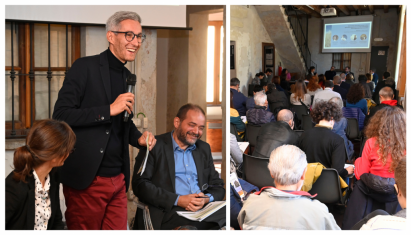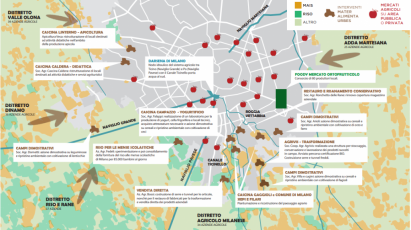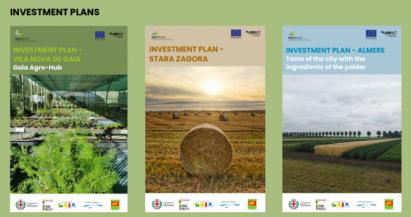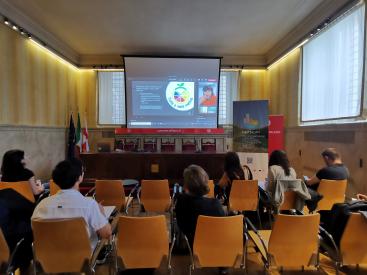Event
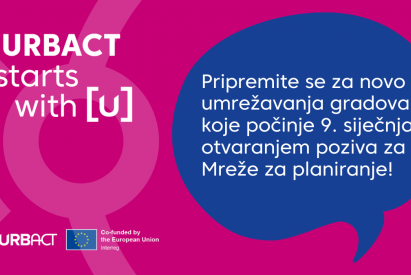
URBACT IV Infodan za domaće prijavitelje na 1. poziv gradovima
Predstavljanje počinje u 11 sati i održat će se putem interneta na Google Meet kanalu. Predviđeno trajanje je 2 sata s uključenim dijelom za pitanja publike. Sudjelovanje na događaju je slobodno uz prethodnu prijavu putem registracijskog obrasca.
Okvirni program:
11.00 – 11. 10 Uvod u Infodan
11:10 – 11.25 Što donosi URBACT IV?
11:25 – 12:00 Poziv za stvaranje mreža za planiranje (APN)
12:00 – 12:10 Što smo naučili iz URBACT III?


